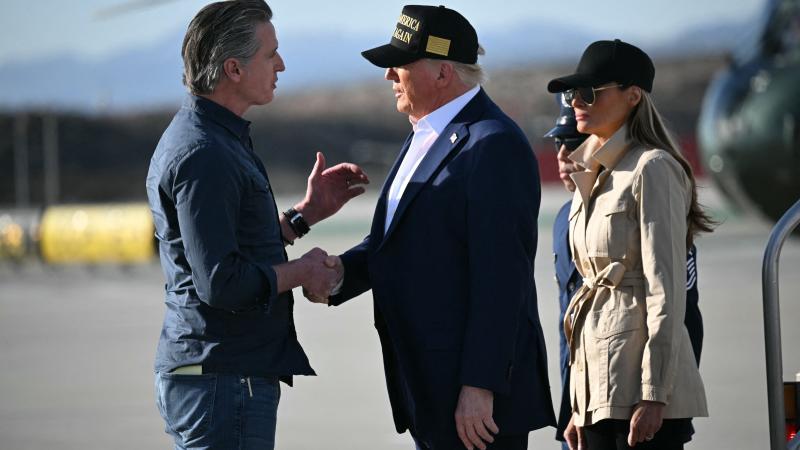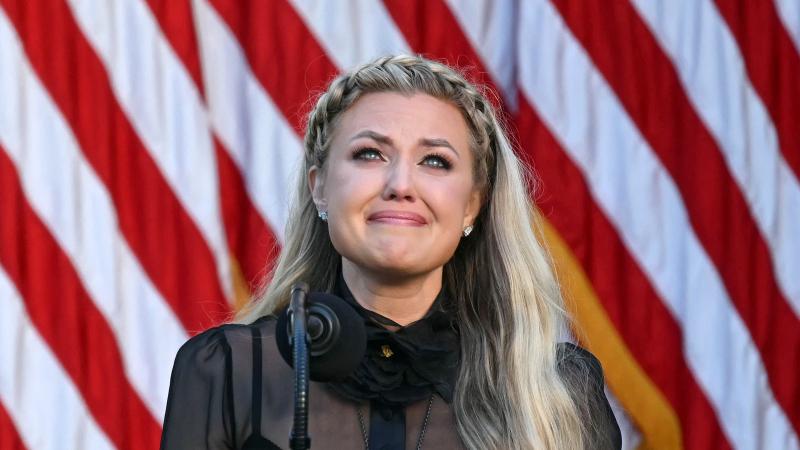Controversy related to presidential electors not new to 2020 — but prosecution is
The Biden Department of Justice is criminally investigating the 2020 alternate electors effort.
A request to Wisconsin Republican Sen. Ron Johnson to have his staff forward a list of alternate presidential electors to then-Vice President Mike Pence prior to certification of the 2020 election captured headlines in June, but controversies involving electors — including challenges by rival slates — have recurred sporadically over time during narrowly decided U.S. presidential contests.
While some past controversies involving electors resulted in fines and not prosecution, the Department of Justice is criminally investigating the 2020 alternate electors effort.
In 1876, the contentious election between Republican Rutherford B. Hayes and Democrat Samuel J. Tilden resulted in "competing political camps in three states" each sending "two different slates of electors — one for Tilden, the other for Hayes" to the U.S. Congress, according to Reuters. The 1876 election gave rise to the Electoral Count Act of 1887, which established a formal process for counting the electoral votes and certifying the election.
In 2000, lawyers representing the campaigns of Vice President Al Gore and Texas Gov. George W. Bush battled in court to "settle which of them gets to send the slate that casts Florida's 25 electoral votes in the Electoral College," according to an Orlando Sentinel report from December 1, 2000.
"What if Gore wins in court and Bush wins with lawmakers?" read the report. "That could leave Florida with two sets of electors."
The Republican-led Florida Legislature voted to send a set of electors for Bush while the court battle continued. A U.S. Supreme Court decision ultimately settled the matter, ruling in favor of Bush winning the state by 537 votes. The ruling halted the recount that was initiated by a Florida Supreme Court decision.
In the 2016 election, six Democrats vowed to be "faithless electors" and defect from defeated Democratic presidential nominee Hillary Clinton. These electors were reportedly lobbying Republican electors to follow suit and defect from Donald Trump, the Republican president-elect.
According to the National Archives information page about electors, "There is no Constitutional provision or Federal law that requires electors to vote according to the results of the popular vote in their States." The National Archives notes that "several electors were disqualified and replaced, and others fined, in 2016 for failing to vote as pledged." There were four electors from the state of Washington who did not vote for Clinton, and each individual was fined $1,000.
Alternate electors were apparently sent to the National Archives in advance of the electoral vote certification for the 2020 presidential election on Jan. 6, 2021. For example, Lou Barletta, former Republican member of Congress from 2011 to 2019, was one of 20 alternate Trump electors for Pennsylvania, which Joe Biden won in 2020.
Some have likened the alternate electors in the 2020 election to the dueling slates of electors for Hawaii in the 1960 election between John F. Kennedy and Richard Nixon.
Hawaii Democrats at the time "used virtually the same language" that the alternate Trump electors in Arizona, Nevada, Michigan, Wisconsin and Georgia used in their effort, according to a Politico analysis.
In Pennsylvania and New Mexico, the alternate electors indicated that their votes would only count for Trump if court challenges ended in his favor.
Former Kansas Attorney General Phill Kline said that attempts to contest the election results through electors were hardly unique to the 2020 election cycle.
"2020 was not unusual, except the Capitol riot," he told Just the News.














